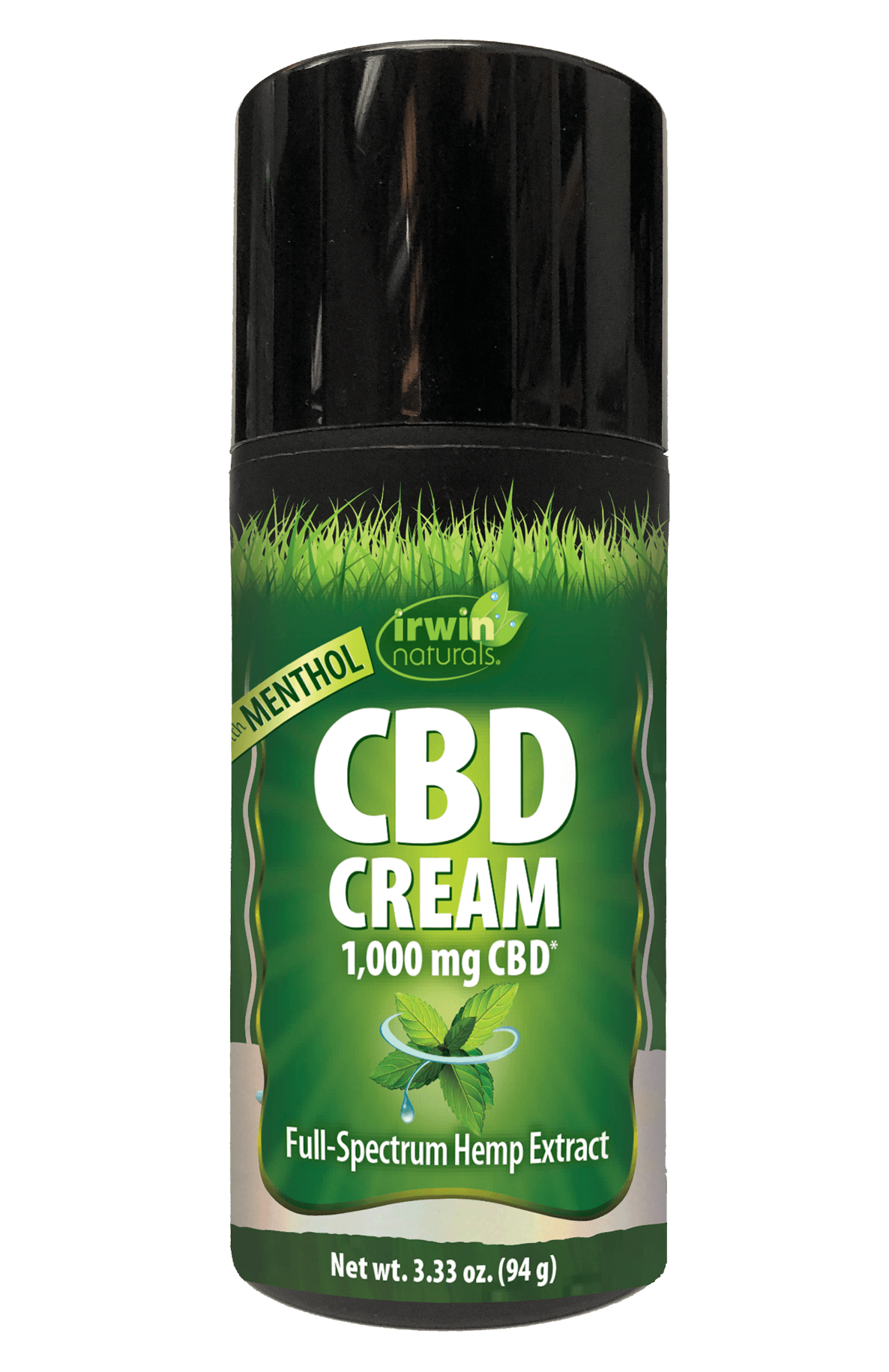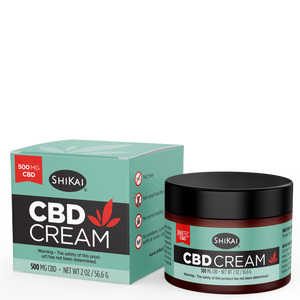Explore the Science Behind CBD Discomfort Lotion and Its Healing Effects
As the need for all-natural pain alleviation choices remains to increase, the scientific neighborhood has turned its focus to the therapeutic effects of CBD discomfort lotion. Understanding the elaborate mechanisms through which CBD communicates with the body's endocannabinoid system to minimize pain is vital in decoding its efficacy. From its anti-inflammatory residential or commercial properties to the facility neurological effects that regulate pain assumption, CBD's prospective as a discomfort monitoring solution is a subject of continuous research study and scientific passion. Remain tuned to unwind the scientific research behind CBD pain cream and how it holds guarantee for those seeking alternative opportunities for pain alleviation.
Endocannabinoid System and CBD Pain Alleviation
What duty does the endocannabinoid system play in CBD discomfort alleviation? The endocannabinoid system (ECS) is a complicated network of receptors, enzymes, and endocannabinoids that play a crucial function in controling various physiological processes, including discomfort feeling. When CBD is used topically or consumed, it communicates with the ECS to modulate discomfort assumption and swelling. CBD applies its results by targeting cannabinoid receptors, especially CB1 and CB2 receptors, which are abundant in the central nerves and immune cells, specifically. By binding to these receptors, CBD can inhibit the transmission of discomfort signals and lower swelling, leading to pain relief.

Systems of CBD for Discomfort Monitoring
Exploring the detailed devices through which CBD runs in discomfort administration exposes its possible as a useful restorative device in reducing various types of pain. When CBD is provided, it regulates these receptors, influencing neurotransmitter launch and dampening discomfort signals.

Anti-Inflammatory Features of CBD
In elucidating the efficacy of CBD in discomfort management, a remarkable facet depends on its powerful anti-inflammatory homes. CBD, or cannabidiol, has actually amassed attention for its capability to regulate inflammatory feedbacks within the body. Swelling is a complicated biological feedback that plays a critical duty in the body's body immune the original source system, but when it ends up being chronic, it can add to numerous health and wellness issues, including pain. CBD connects with the endocannabinoid system, especially targeting CB2 receptors discovered in the immune cells. By triggering these receptors, CBD can assist minimize and regulate immune reactions swelling.
Researches have revealed that CBD can prevent inflammatory arbitrators and cytokines, thus dampening the inflammatory waterfall. This anti-inflammatory effect is specifically appealing for conditions identified by chronic swelling, such as arthritis, inflammatory digestive tract disease, and neuropathic discomfort. By minimizing inflammation, CBD not only addresses the signs but additionally targets the underlying cause of discomfort, making it a useful healing representative for managing a wide array of inflammatory conditions.
Neurological Impacts of CBD on Discomfort
CBD exerts extensive neurological results on discomfort assumption through its communication with particular receptors in the central anxious system. The endocannabinoid system, which consists of cannabinoid receptors (CB1 and CB2) and endocannabinoids produced by the body, plays a vital function in modulating discomfort signals. CBD connects with these receptors, largely CB1 discovered in the mind and CB2 located in the immune cells, to exert its analgesic impacts. By affecting the task of these receptors, CBD can aid regulate pain sensitivity and inflammation, using possible restorative advantages for individuals suffering from various kinds of discomfort conditions.
Research studies have revealed that CBD's activity on the endocannabinoid system can result in the inhibition of pain signaling paths, reducing the assumption of discomfort. Additionally, CBD has actually been located to have neuroprotective properties, which can aid relieve neuropathic discomfort by protecting neurons from damages. The ability of CBD to regulate pain at a neurological degree makes it an appealing choice for handling chronic discomfort problems where typical treatments may drop short.
Scientific Researches Supporting CBD Discomfort Alleviation

Verdict
In verdict, the science behind CBD discomfort great post to read lotion exposes its prospective healing impacts through the inflection of the endocannabinoid system (Serenity CBD arnica cream). CBD's systems for pain monitoring include its anti-inflammatory buildings and neurological impacts on pain understanding.
As the demand for all-natural pain alleviation alternatives continues to rise, the scientific area has actually transformed its attention to the healing effects of CBD discomfort lotion. From its anti-inflammatory buildings to the complicated neurological results that regulate discomfort assumption, CBD's possible as a discomfort monitoring remedy is a topic of recurring research study and professional passion.Building upon the understanding of CBD's neurological results on discomfort assumption, clinical research studies have given useful insights into the efficiency of CBD in supplying discomfort alleviation. A research study released in the European Journal of Pain demonstrated that applying CBD topically decreased pain and swelling in rats with joint inflammation without any kind of obvious side effects. CBD's systems for pain management include its anti-inflammatory homes and neurological effects on discomfort perception.